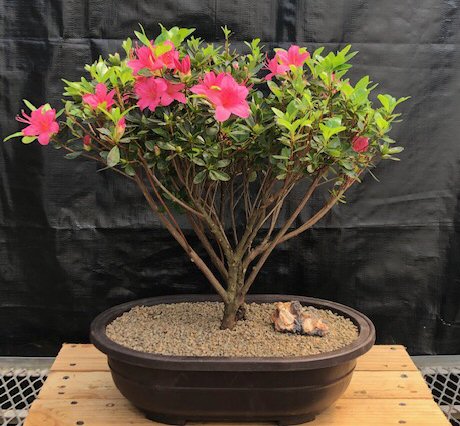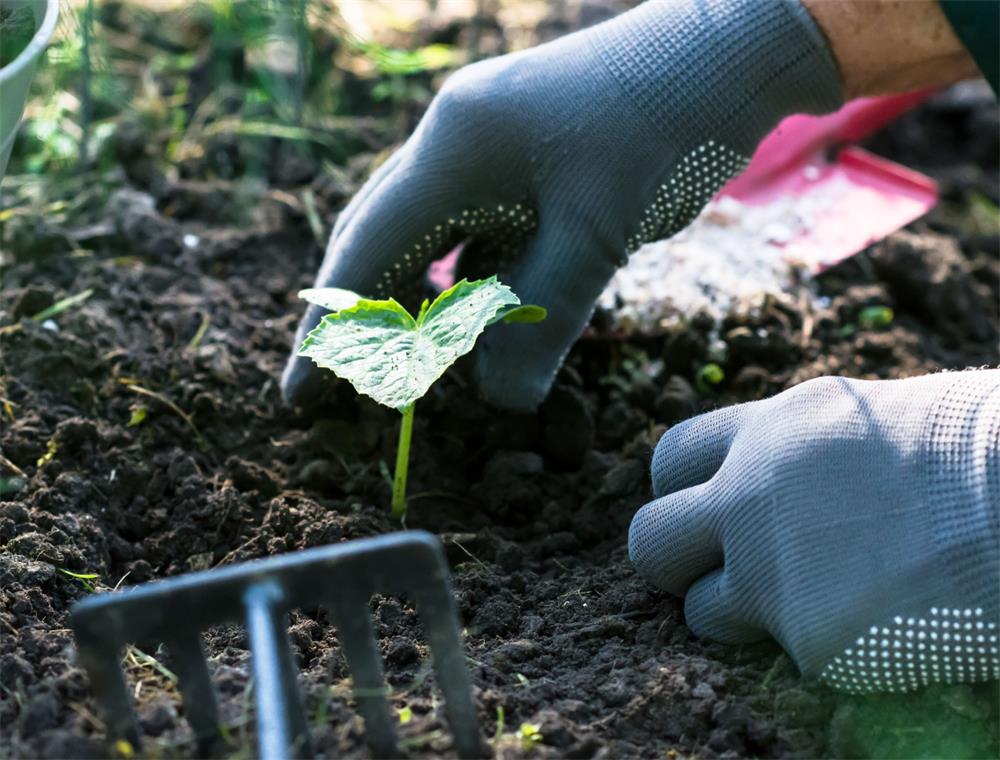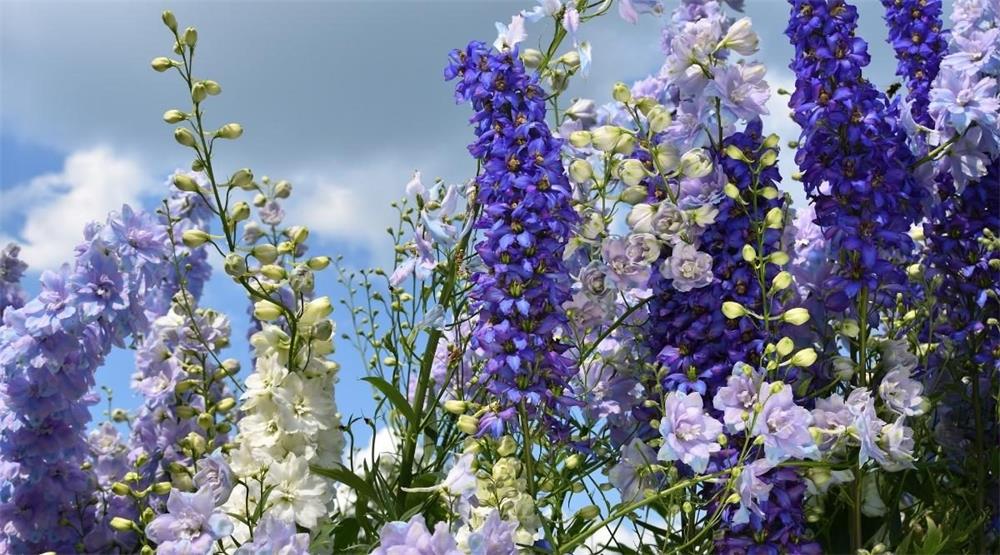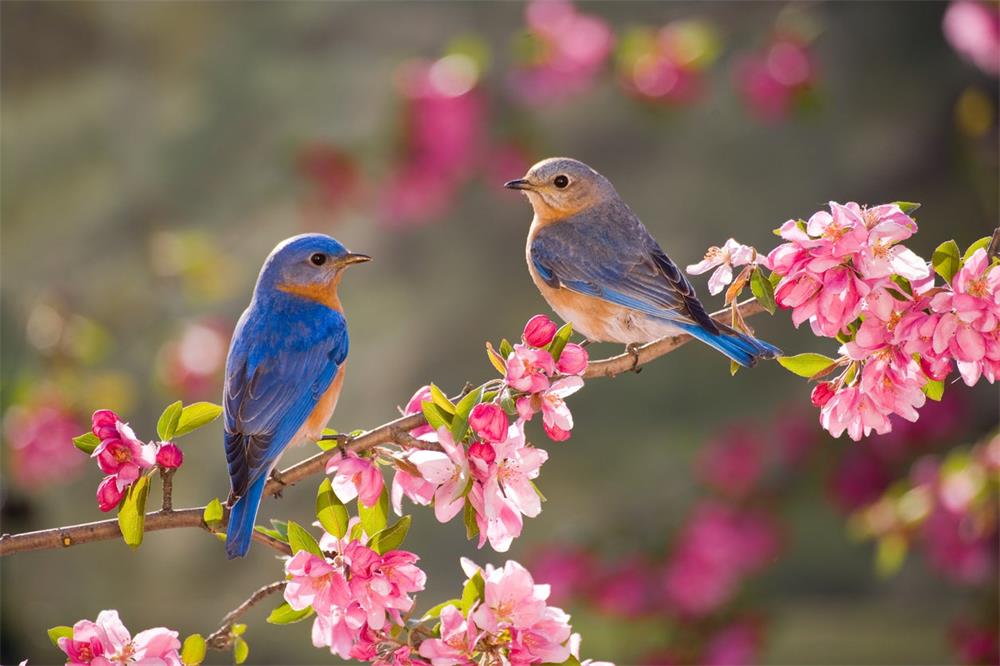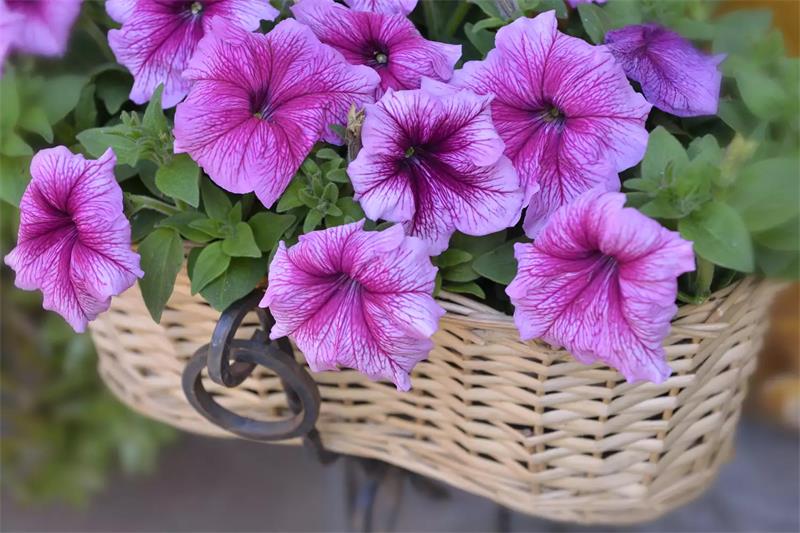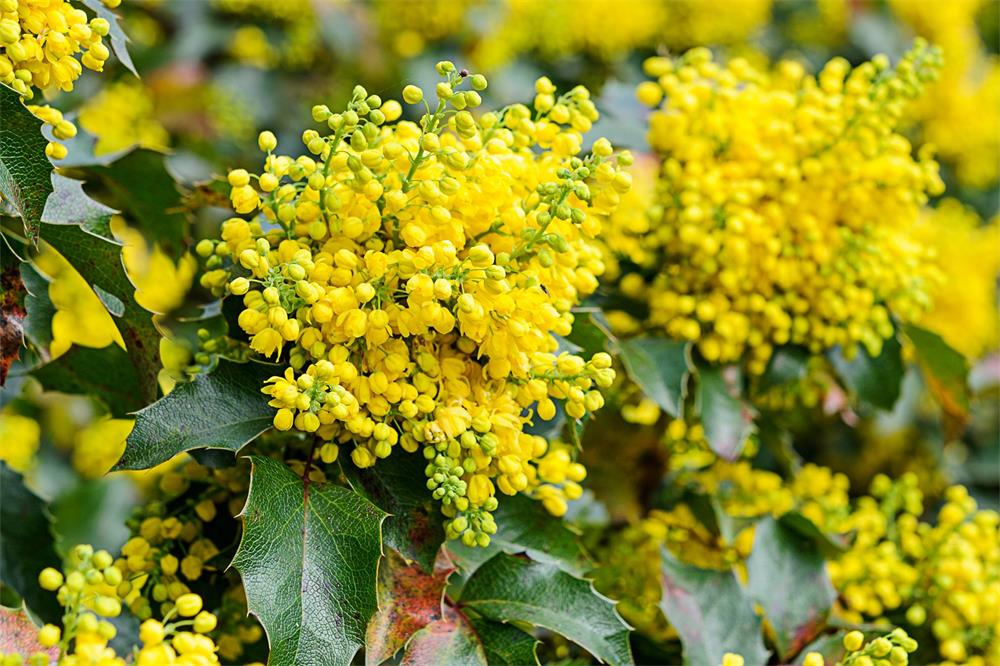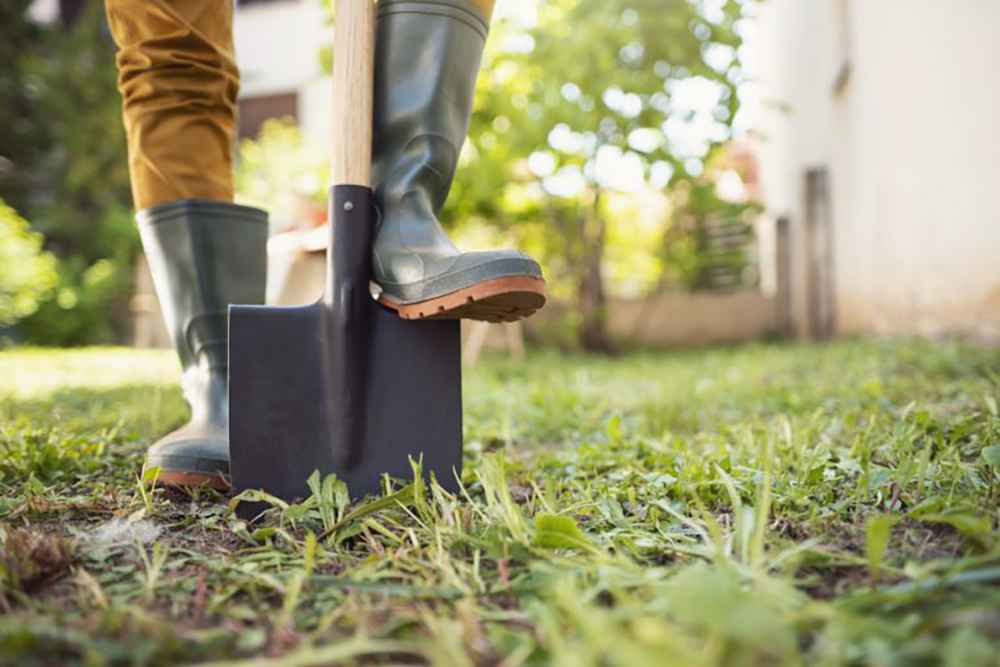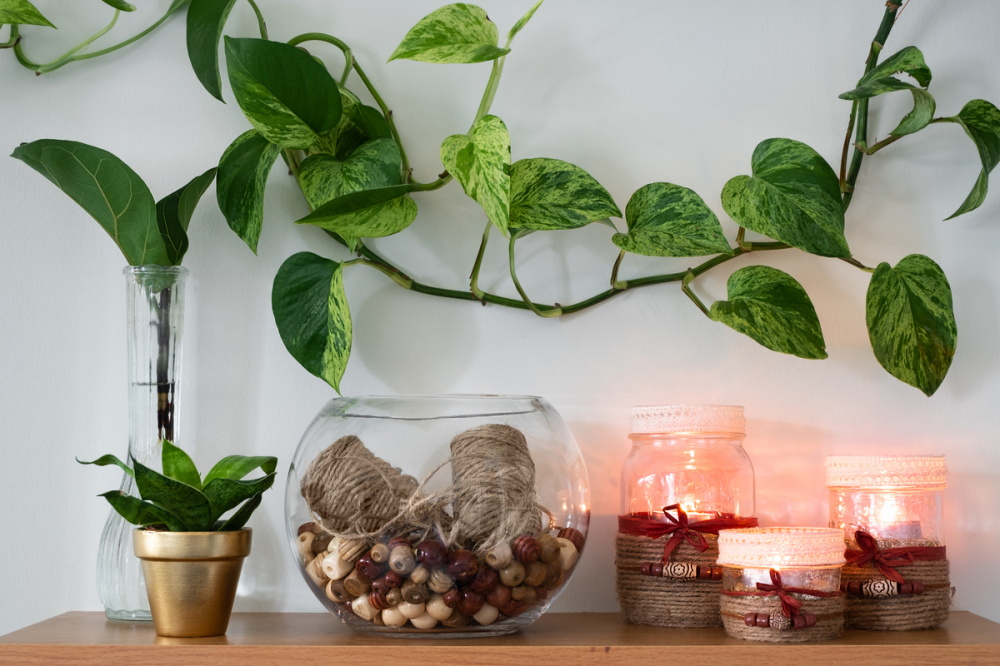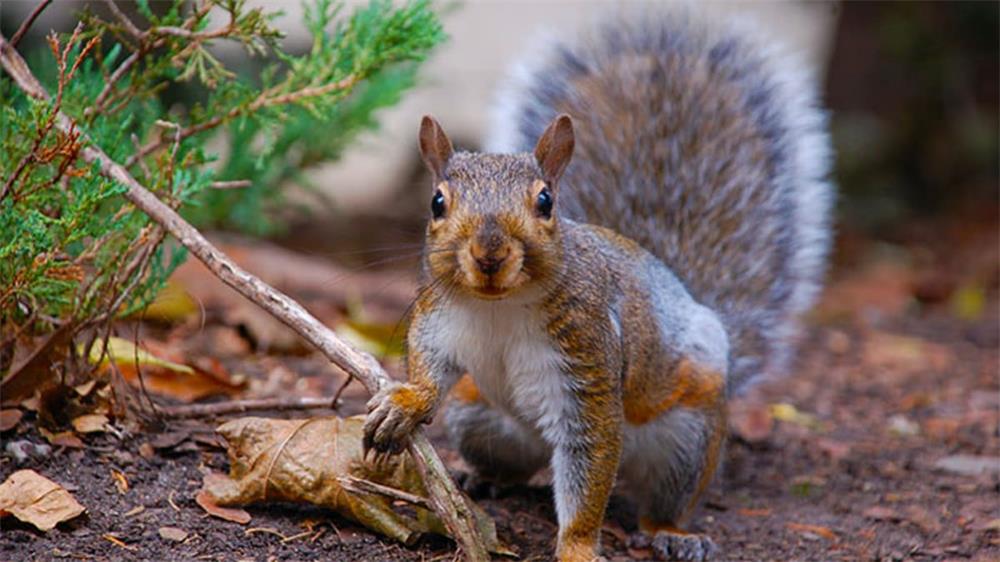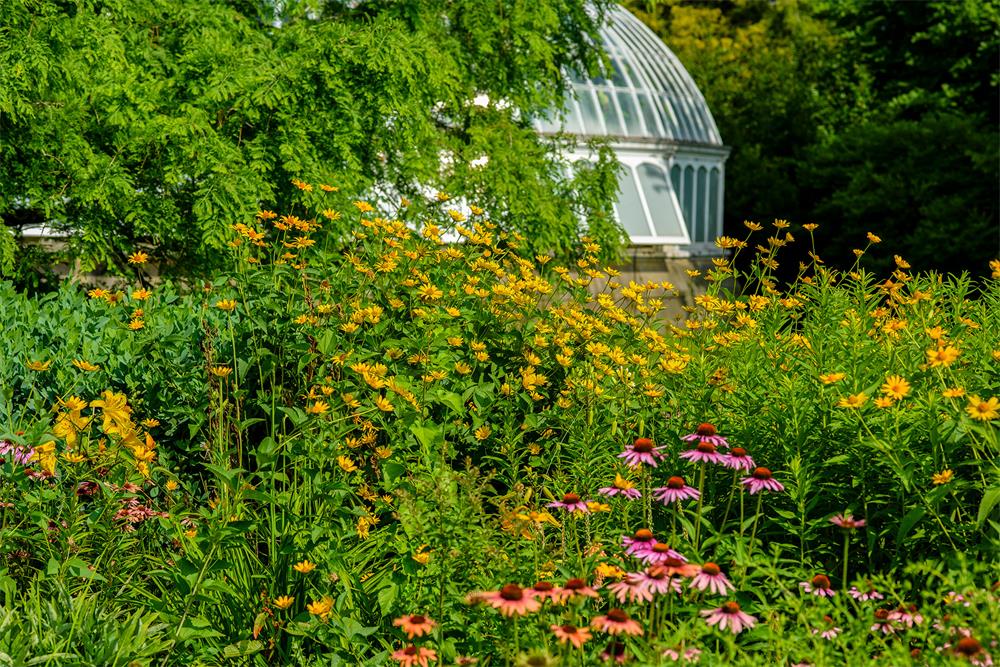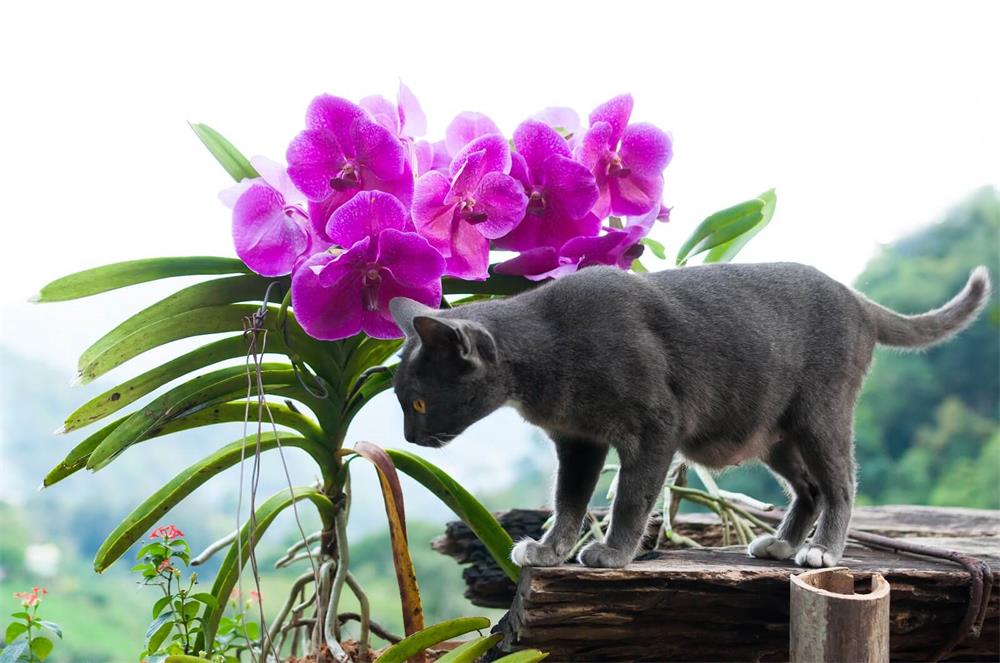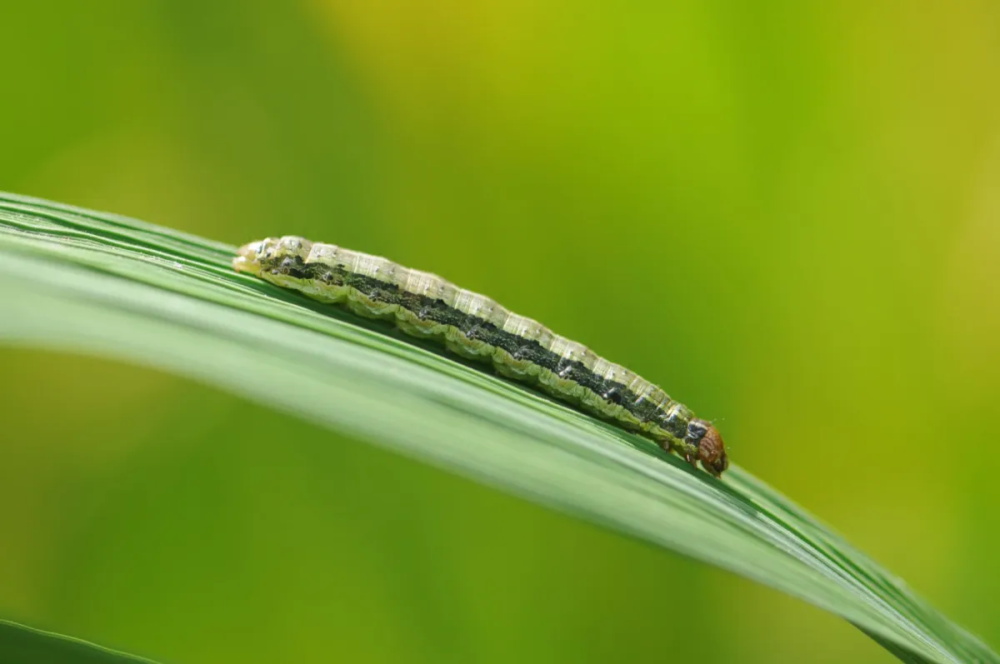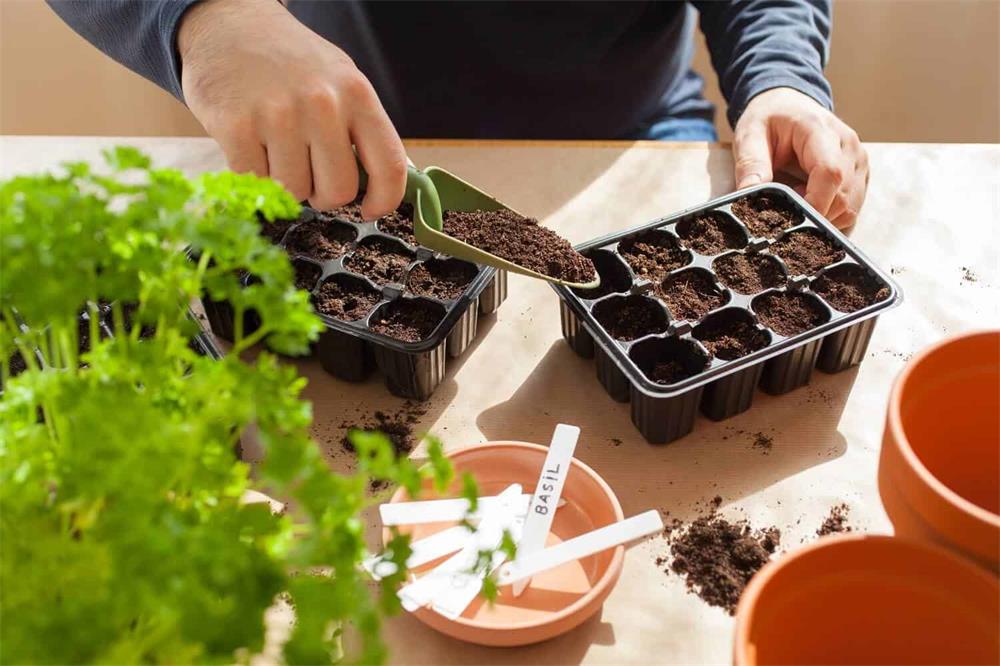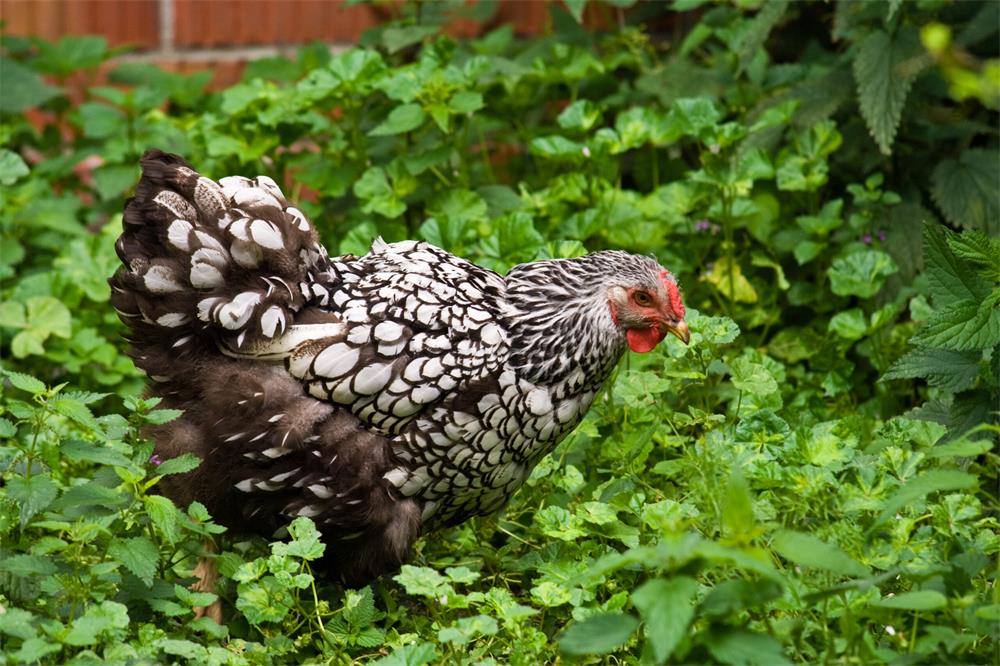
Table of Contents
Chicken manure is one of the most valuable organic fertilizers you can use for your garden. It contains high levels of nitrogen, phosphorus, potassium, and calcium, as well as other micronutrients that plants need to thrive. Chicken manure also improves soil structure, water retention, drainage, aeration, and microbial activity. However, not all chicken manure is the same, and you need to know how to use it properly to avoid burning your plants or spreading harmful pathogens. Here are some tips on how to use chicken manure as a fertilizer for your garden.
What Is Chicken Manure?
Chicken manure is not just chicken poop. It also includes everything else that gets cleaned out from the chicken coop, such as urine, feathers, leftover feed, broken eggs, and bedding material (such as straw, hay, wood shavings, grass clippings, shredded leaves, or recycled paper). These materials add organic matter and nutrients to the manure, making it a complete fertilizer. However, they also affect the nutrient content and composition of the manure, depending on the ratio of chicken feces to other materials.
The age and diet of the chickens also influence the quality of the manure. Younger chickens produce more nitrogen-rich manure than older ones. Chickens that are fed organic feed or have access to pasture produce higher-quality manure than those that are fed conventional feed or confined indoors.
Types of Chicken Manure
There are two main types of chicken manure: fresh and processed. Fresh chicken manure is what you get directly from the chicken coop or a farm. It has a strong smell and a high moisture content (up to 76%). It also contains high levels of ammonia and may harbor harmful bacteria such as E. coli or Salmonella. Fresh chicken manure cannot be used directly on plants because it will burn them and pose health risks. It needs to be composted or aged before applying it to the soil.
Processed chicken manure is what you can buy at garden centers or online. It has been dried and pulverized or pelletized into a more convenient form. It has a lower moisture content and a more consistent nutrient content than fresh manure. It has also been sterilized to kill any pathogens and reduce odor. Processed chicken manure can be used directly on plants or mixed with water to make a liquid fertilizer.
How to Compost or Age Chicken Manure
If you have access to fresh chicken manure, you need to compost or age it before using it as a fertilizer. Composting is a process that involves mixing organic materials with air and water in a pile or bin and letting them decompose into humus. Composting chicken manure requires adding carbon-rich materials such as leaves, straw, sawdust, or paper to balance the high nitrogen content of the manure. You also need to turn the pile regularly to aerate it and maintain a temperature of 130°F to 150°F for at least three weeks. This will kill any weed seeds and pathogens in the manure and make it ready for use.
Aging is a simpler process that involves spreading fresh chicken manure thinly over a dry area and letting it sit for at least six months. This will allow the ammonia to evaporate and the nutrients to stabilize in the manure. Aging chicken manure does not require adding any other materials or turning the pile, but it takes longer than composting and may not kill all the weed seeds and pathogens in the manure.
How to Apply Chicken Manure
Once you have composted or aged chicken manure, you can apply it to your garden in different ways depending on your needs and preferences. Here are some common methods of applying chicken manure:
- Side-dressing: This involves sprinkling chicken manure around the base of established plants during the growing season. This will provide a quick boost of nutrients to the plants without disturbing their roots.
- Top-dressing: This involves spreading chicken manure over the soil surface before planting or after harvesting. This will enrich the soil with organic matter and nutrients for future crops.
- Incorporating: This involves digging or tilling chicken manure into the top few inches of soil before planting or after harvesting. This will improve the soil structure and fertility for future crops.
- Mulching: This involves covering the soil surface with a thick layer of chicken manure after planting or during the growing season. This will suppress weeds, conserve moisture, moderate soil temperature and release nutrients slowly to the plants.
- Tea: This involves soaking chicken manure in water for a few days and then straining the liquid. This will make a concentrated liquid fertilizer that can be diluted and sprayed on the plants or poured on the soil.
How Much Chicken Manure to Use
The amount of chicken manure to use depends on several factors, such as the type and quality of the manure, the type and condition of the soil, the type and stage of the plants, and the frequency and method of application. As a general rule, you should use chicken manure sparingly and carefully to avoid over-fertilizing your plants or contaminating your soil or water. Too much chicken manure can cause problems such as nitrogen burn, salt accumulation, nutrient imbalance, or nutrient leaching.
A common recommendation is to use no more than 20 pounds of fresh chicken manure or 5 pounds of processed chicken manure per 100 square feet of garden area per year. You can also follow the instructions on the label of processed chicken manure products or use a soil test kit to determine the nutrient needs of your soil and plants.
Precautions When Using Chicken Manure
Chicken manure is a valuable organic fertilizer, but it also comes with some risks and challenges that you need to be aware of and address. Here are some precautions when using chicken manure:
- Wear gloves and wash your hands when handling chicken manure to avoid contact with pathogens or parasites that may be present in the manure.
- Do not use fresh chicken manure directly on plants or edible crops to avoid burning them or contaminating them with pathogens or parasites that may be present in the manure.
- Compost or age fresh chicken manure properly before using it as a fertilizer to kill any weed seeds and pathogens and reduce the ammonia content in the manure.
- Do not use chicken manure from chickens that have been treated with antibiotics or fed with conventional feed to avoid introducing antibiotic residues or other contaminants into your soil or plants.
- Do not use chicken manure from chickens that have been raised in confined or crowded conditions to avoid introducing stress hormones or other harmful substances into your soil or plants.
- Do not use too much chicken manure or apply it too frequently to avoid over-fertilizing your plants or contaminating your soil or water with excess nutrients.
- Do not apply chicken manure near water sources or in areas prone to runoff or erosion to avoid polluting your water or neighboring ecosystems with nutrients or pathogens.
- Do not apply chicken manure during hot or dry weather to avoid losing nutrients through volatilization or evaporation.
- Do not apply chicken manure during rainy or wet weather to avoid losing nutrients through leaching or runoff.
Conclusion
Chicken manure is a great organic fertilizer for your garden if you use it correctly. It can provide your plants with essential nutrients and improve your soil quality. However, you need to compost or age fresh chicken manure before using it and follow some guidelines on how much and how often to apply it. You also need to be careful about the source and quality of the chicken manure and take some precautions when handling and applying it. By doing so, you can enjoy the benefits of chicken manure without causing any harm to yourself, your plants, your soil, or your environment.



